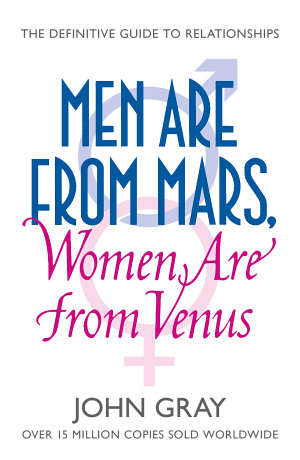E: Catalogue debt is on the rise in the UK, with many turning to these firms to pay for Christmas, according to a new report.
Buying gifts from catalogue websites – such as Very and Littlewoods – can double the cost of Christmas, according to new research.
Data from comparison website Money.co.uk reveals that mainstream firms offering goods on credit are charging annual percentage rates (APR) of up to 60 per cent. This is almost three times as much as the average interest on a credit card, meaning that while it may seem cheaper, it’s not.
The report calculates that there is around £10 billion of catalogue debt in the UK and that around ten per cent of the nation’s population owes money to these firms.
Many people see using catalogue companies as a way to get the goods they want or need without having to pay anything up front. However, because of the sky-high interest rates it can actually drive up the cost of Christmas.
For example, if you were to spend £727 in total with a firm that charged an APR of 58.7 per cent then it would take three years and two months to pay back a total sum of £1,508. Many companies charge as much as this, including Simply Be, Fashion World, JD Williams and the Brilliant Gift Shop.
The report from Money.co.uk ranks Very, La Redoute and Littlewoods as the next worst offenders, with an APR of 39.9 per cent and excellent marketing campaigns that highlight a customer’s ability to pay monthly for what they want.
Kaleidoscope, Grattan, Freemans and Gifts 365 came third overall, with an APR of 34.9 per cent. The research revealed that retailer Next was the only catalogue firm that charged a similar rate to a credit card, with an APR of 22.9 per cent.
Hannah Maundrell, editor-in-chief at Money.co.uk, claims that one of the most worrying findings of the report was that the charges weren’t easily found by customers. She said: “Overall, transparency around the cost of catalogue credit is as clear as mud with some providers. You really have to dig deep on their websites to find out exactly what the charges are.
“The high cost associated with this type of credit really seems to have fallen under the regulatory radar, particularly in light of the fact it’s at the root of so many debt problems for financially vulnerable customers.”
The report also noted that over a third of people that contact debt charities want to discuss debt that has been built up through catalogues. This makes it the most common type of debt problem, behind credit cards, overdrafts and loans.
Ms Maundrell advises that if you already have a catalogue account set up for Christmas shopping so you can buy now and pay later, you mustn’t assume that you’re getting an interest-free deal. She suggests that if you check the APR and if it’s sky-high then you should find an alternative way to pay.
If you have fallen into financial difficulty and you live in Scotland, there are several options you can look at to clear your debt. This includes a debt arrangement scheme (DAS) or trust deed, which sees you pay a set sum every month over a set period of time, or sequestration (bankruptcy).
- Overcoming Challenges in the Production of THC Seltzers - 10th May 2024
- The changes in dental marketing - 12th October 2022
- Online aligners or surgery based ones? - 12th October 2022








